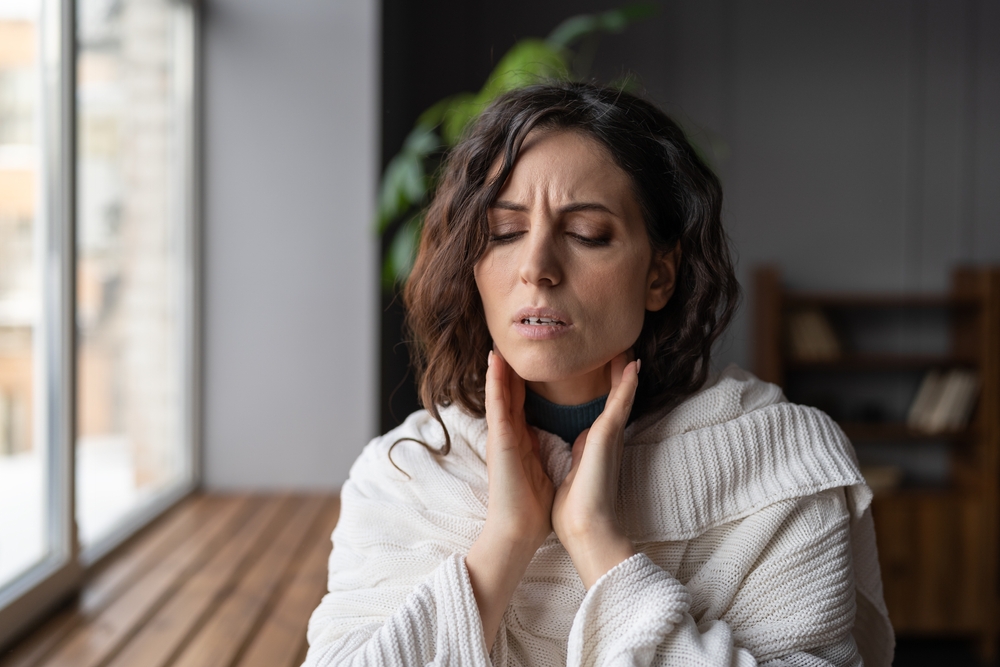Autumn is one of the best times of the year. Imagine yourself sitting back and enjoying the sounds—kids laughing on Halloween, the leaves crunching as you walk, the fire crackling, and your loved ones around the table at Thanksgiving. Now imagine that you can’t hear those things or that they are muffled.
Missing out on these sounds can take your enjoyment out of the season. Luckily, if you have problems with your hearing, it may be short-term and caused by things that are easily avoided or fixable. Take these steps to protect your hearing, and enjoy autumn to its fullest.
How to protect your hearing
There is unequivocal evidence showing that exposure to loud noises can lead to short-term hearing loss and that long-term exposure can turn it into a permanent problem. Loud noises damage the sensitive parts of your inner ear, and you should do what you can to mitigate the problem.
A one-time, very loud sound like an explosion can lead to temporary hearing loss, and while immediate medical attention can help minimize the effects, that’s hard to avoid. Longer exposure to sounds at 85 decibels or higher, however, can also cause hearing loss and are often easier to avoid.
Heavy traffic comes in at 85 decibels, and sirens come in at 120 decibels. Firecrackers and fireworks can also harm your hearing. Think twice about putting on earbuds and turning up the music, as the sound is even closer to your inner ear. (Unfortunately, there are no exceptions for your favorite song when it comes to earbuds or headphones.)
Among the highlights of autumn are outdoor gatherings and concerts. The weather is still beautiful, and you might find yourself in a park where you can set up a grill and spread out a blanket. Be careful though, if you sit right in front of the speakers, you might be hit with a whopping 140 decibels. Even further away, the decibel level at concerts is often in the danger zone.
So what should you do? The best thing you can do for yourself is to wear earplugs. You will still be able to hear the music and enjoy the fireworks, just with less potential damage to your hearing. As tempting as it is, try not to keep creeping closer to those speakers as the night goes on.
Protect your ears from cold weather
Protecting your ears as the weather gets colder and more blustery is important to avoid infections. Be sure you and your family are wearing ear muffs or a hat. You may think of your children and grandchildren when you think of ear infections, but adults get them too. These infections cause fluid to build up in your middle ear, and they lead to inflammation. You may experience fluid draining from your ear, pain, and hearing loss.
If you have an ear infection, you should see a doctor right away. It could be a sign of another medical issue, and lack of treatment is dangerous not just for your hearing but your overall health.
Safely clean out earwax
That pesky earwax may get on your nerves, but it serves the essential purpose of trapping dirt, bugs, and debris before they reach your inner ear. If you have excessive earwax, though, it can be a problem, especially if it blocks your hearing.
The first step in avoiding hearing problems caused by earwax is prevention. You may have spent decades reaching for a cotton swab or some other item to clean wax, but please break that habit. Cotton swabs push the wax into your ear canal, causing a blockage and hearing loss.
Try cleaning your ears by putting in drops of hydrogen peroxide or purchasing over-the-counter drops. Let the drops sit for a few minutes, and then tilt your head to let them drain. If you don’t want to clean your ears or are afraid that the blockage is too great, visit a hearing professional. They have special tools to make the job easier.
Medications may be the cause
If you started a new medication and noticed that you suddenly have a more difficult time hearing, it could be the medication. Certain antibiotics, diuretics, large doses of aspirin, and other drugs can lead to hearing problems. If this is an issue for you, call your doctor immediately and ask whether you should continue taking your medications.
Remember, any changes in your hearing should get checked out immediately. Contact a hearing care professional if you are experiencing hearing loss this season.



